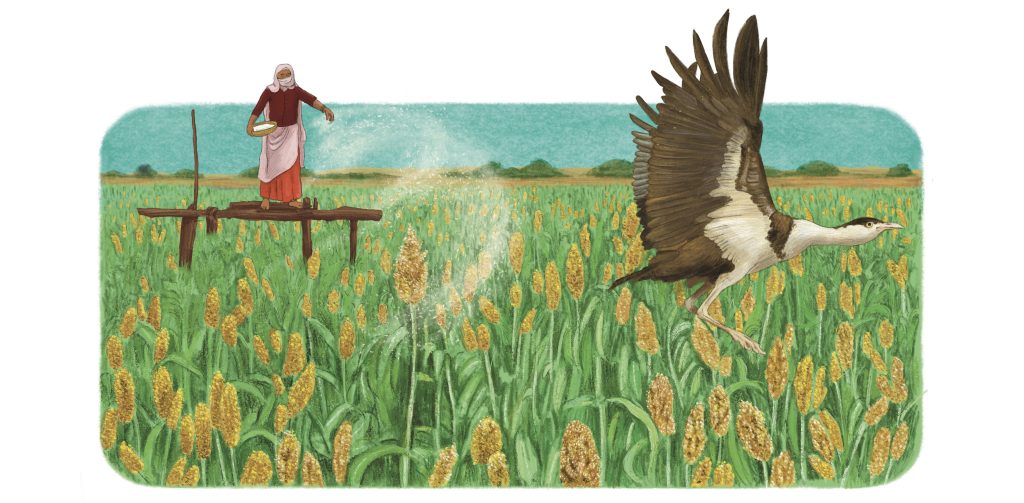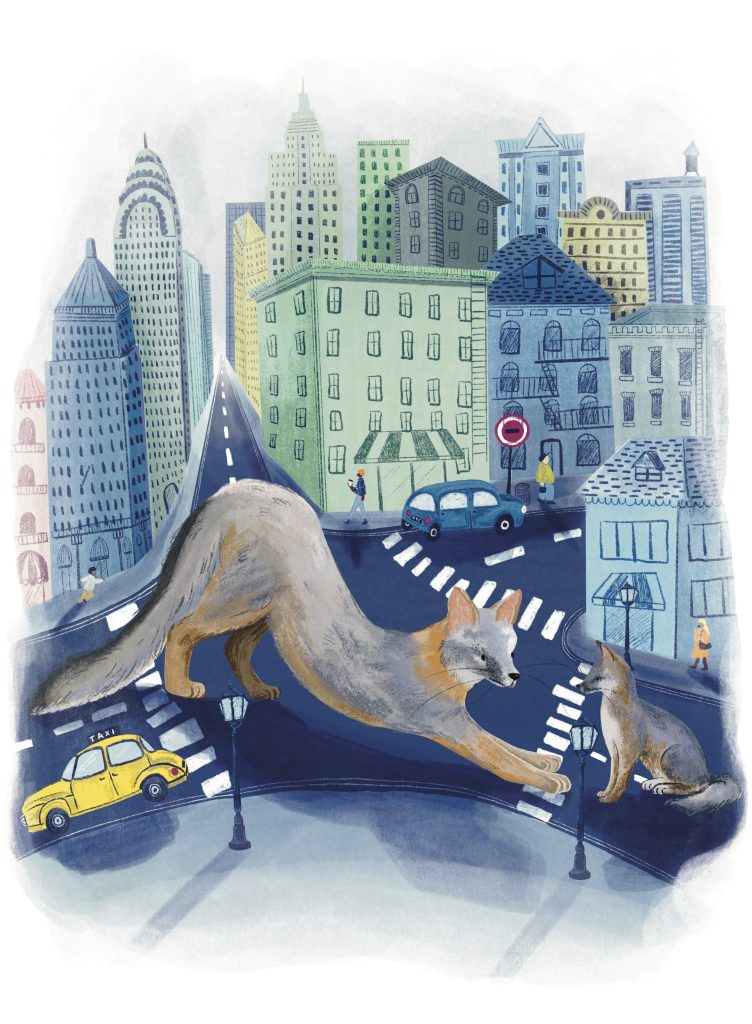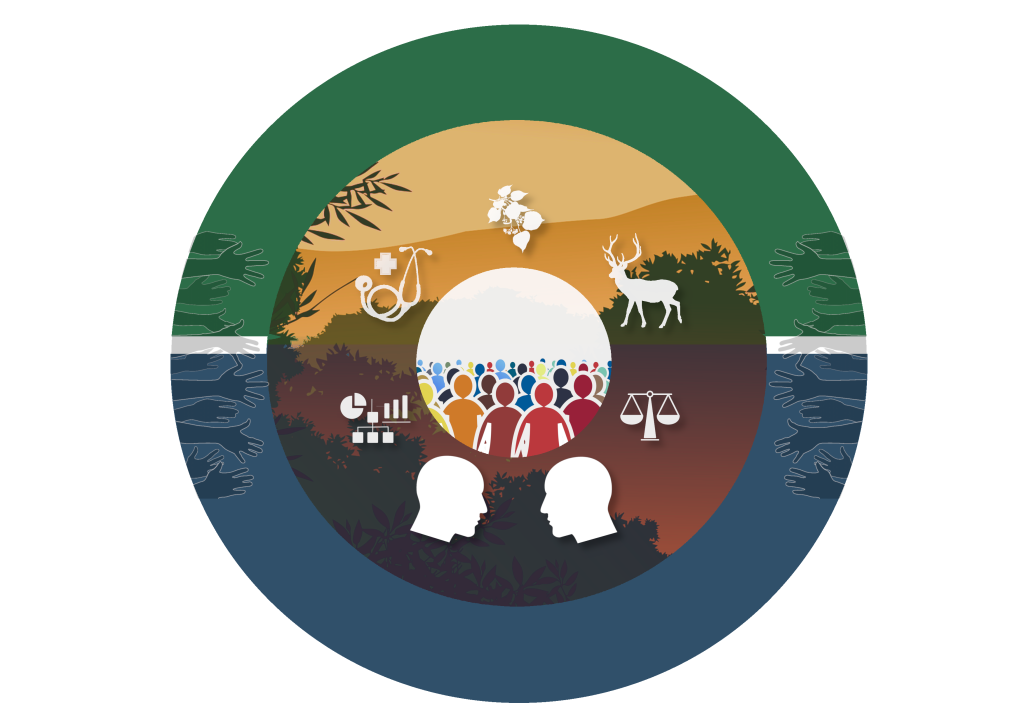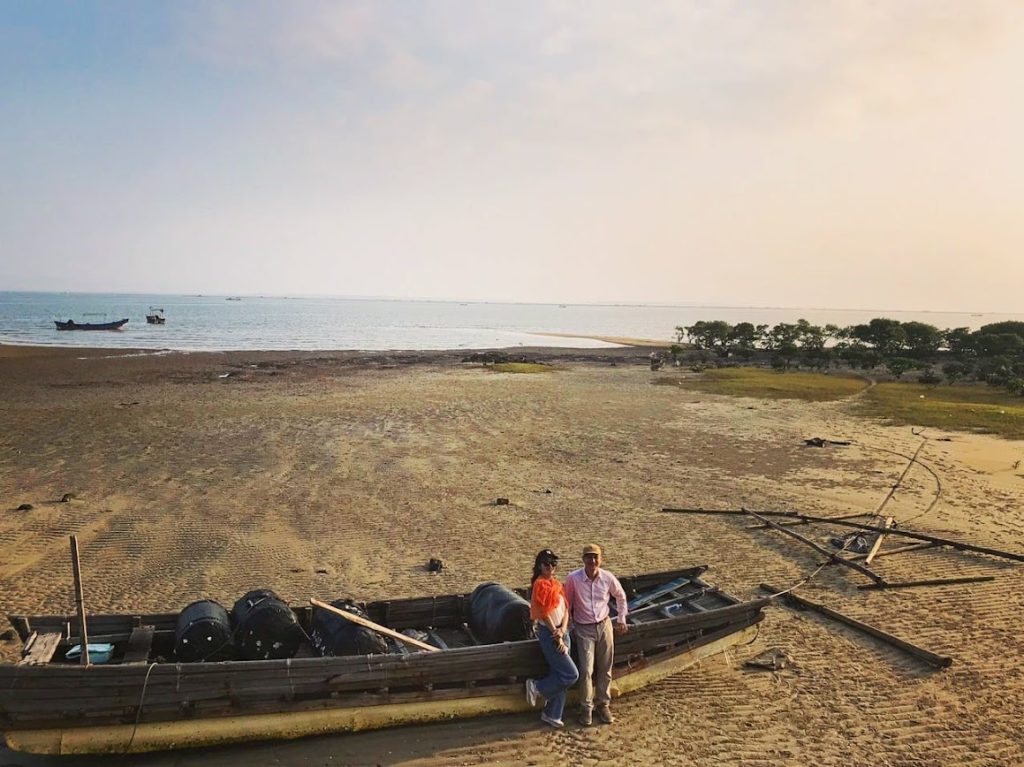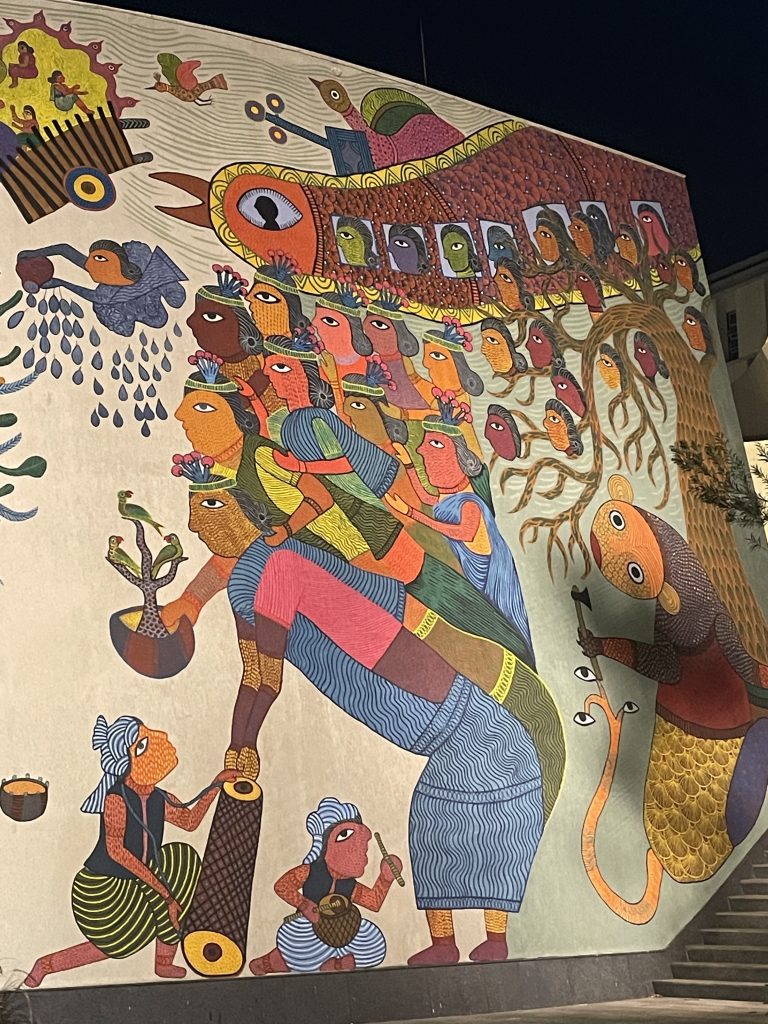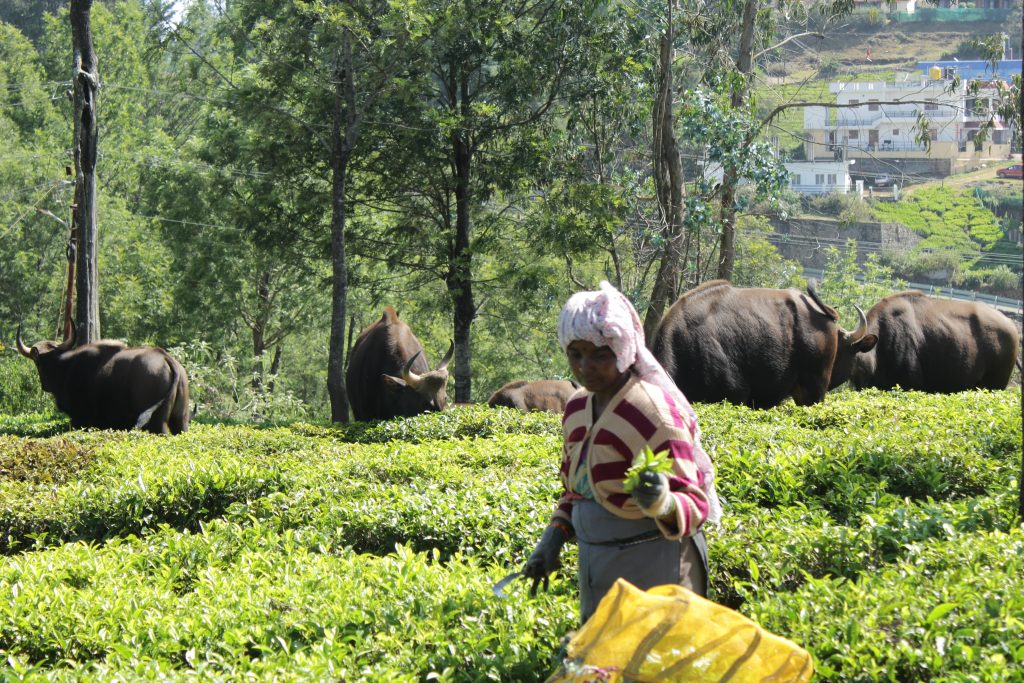Hunting is one of the most controversial issues in conservation today, particularly what is known as “trophy hunting” whereby the hunter pays a premium to hunt animals with particularly impressive features (for example, horns, tusks, antlers, etc.). As with many things in conservation, hunting is a complex topic. The debate becomes particularly sharp around charismatic species, such as elephants and the big cats. These are among the most cherished species by animal-lovers globally; yet they are also among the most difficult to conserve due to the substantial conflict they cause with rural people.
Unfortunately, hunting debates often occur among activists, scientists, and policy makers, with little or no space created for the people who are directly affected by wildlife to contribute their views. With limited access to the Internet and significant language barriers, rural Africans are rarely seen airing their opinions on social media. It is therefore much easier for policy makers to listen to well-organised lobby groups that run multi-million dollar media campaigns, rather than take the time to visit people who have direct experience with hunting in their communities. The lived experience of rural Africans is therefore overlooked in favour of whoever can catch the attention of politicians.

When preparing their Elephant Management Plan in 2020, the Namibian government sought to do things differently. They wanted to capture some of the views from their rural communities on elephants—specifically on how to manage them and what to do about trophy hunting. The consultations for this plan therefore included many meetings with communal conservancies: community-based institutions that have been granted conditional ownership rights over wildlife that occur within their jurisdiction (their boundaries are mapped, but not fenced). Between meetings, people from the conservancies were interviewed in small groups using a questionnaire relating to elephant management.

Most of the respondents were part of the daily management (staff members, including field staff) or oversight (committee members) of their communal conservancy. As residents and managers in conservancies, these interviewees have both first-hand experiences of living with wildlife and a detailed understanding about how hunting works in their conservancies. In our experience, when rural Africans are given a chance to speak their truth they are forthright and insightful; the transcripts from these interviews did not disappoint!
Among the many elephant-related questions, interviewees were asked what would happen if elephant hunting were banned entirely and what they would like to say to anti-hunting campaigners if they were given the opportunity. In response to a hypothetical scenario of elephant hunting being banned, these conservancy representatives had a distinctly gloomy outlook:
“No income to the Conservancy, end of the CBNRM programme, no employment for people, livelihood upliftment will decline, hunger and poverty will become worse, conservancy offices will be closed down, and their assets will be repossessed.”
“The human-wildlife conflict will increase, poaching will sky rocket.”
“It will kill our conservancy. Elephant hunting generates the most income.”
“The human elephant conflict will increase. We will lose income and an important source of protein. The cost of managing elephants will increase, a significant challenge for the conservancy.”
“We depend on generating income from elephant hunting which we invest back into the conservation of the species. If we stop hunting elephants, poaching will rise because the conservancy will not have any income to contribute the livelihood of its community. We have about 40 people who are employed by the conservancy and their salaries come from elephant hunting proceeds. If conservancies are not functioning, other species will also suffer.”
It is clear that the conservancy representatives are concerned about the long-term sustainability of their conservation efforts, if elephant trophy hunting were no longer allowed. Conservancies employ community game guards and several other officers that keep the conservancy running; the game guards are tasked with detecting wildlife crime, reporting human-wildlife conflict, and environmental monitoring.

Besides operating costs, conservancies dedicate a portion of their budget each year to projects that provide benefits for their members. Such projects include water installations, support to schools in the form of food and extra classrooms, kindergartens, transport of the elderly or sick to town, electrification of villages, scholarships to their best students, protection of water installations and other infrastructure against elephants, offsetting human-wildlife conflict and more. Since the respondents know how much money comes into their conservancy in general, and from elephant hunting in particular, their chief concern is that their conservancies would no longer function, with many foreseeable negative consequences.
Several respondents also fear that if there were no elephant hunting there would be more conflict with this species. Conservancies further generate intangible benefits by giving communities a sense of ownership over their wildlife by actively including them in conservation action and decision-making. These intangible benefits are difficult to measure, yet several respondents indicated that their community would no longer be willing to live with elephants and other dangerous wild animals if conservancies collapsed.
Given their dire predictions of the consequences of hunting bans, it was not surprising to find some strong messages from conservancy representatives addressed to anti-hunting campaigners:
“While we respect their freedom of expression and democracy, they should bear in mind that should they continue with their campaigns against regulated hunting then they are indirectly campaigning for the end of CBNRM, increased poaching and killings…These campaigners must understand that exerting power without assuming responsibility is colonial and unacceptable. Where are the alternatives for us who bear the costs?”
“They should not come here and dictate us. We have our own rights to our resources. Elephant hunting has brought development in our community, such as electrification, hostels, kindergartens, water points, community office. If it were not for elephant hunting there could be no development.”
“We cannot stop hunting elephants because our conservation strategy depends upon it. People conserve and are willing to live with the elephants only if they are benefitting from them. If these people are willing to finance our developmental projects and provide us with mitigation measures, we can stop hunting.”
“They should come down and live with us to understand what elephants are, because many of these people sit elsewhere in their offices, looking at elephants on television. Come down and talk to us so we can share our views. What happened to their animals now that they are so concerned with our elephants and what we do?”
This is a small sample of the stinging rebukes levelled at campaigners who want to ban elephant hunting. While some respondents focused on the material impacts of reduced income and a potential increase in conflict with elephants, others spoke to bigger issues of self-determination and their rights to manage elephants. Anti-hunting campaigners were perceived to be out of touch with reality and their insistence on interfering with African wildlife management was cast as colonial and overbearing.
Yet the conservancy respondents revealed no ideological commitment to trophy hunting itself—they were quite happy to consider alternative forms of income, if the anti-hunting campaigns would offer these solutions. Many of these conservancies also engaged in joint venture tourism operations, which provide employment for people from their communities and opportunities for selling crafts and other local products. While anti-hunting activists frequently propose tourism as an alternative to hunting, none of the respondents indicated that these two industries were incompatible or that one could entirely replace the other. The meat gained from hunting was frequently mentioned as a benefit, which could not be generated from tourism. Furthermore, most new conservancies and even established ones that are not attractive for photographic tourism only generate income from hunting, which explains why one respondent said that a hunting ban would “kill” their conservancy.
Among the many things that struck us while reading through the 42 interview transcripts was how well the conservancy representatives articulated their issues, which brought home the need to introduce these perspectives to a wider audience. It further highlighted the severe power imbalances and consequent communication gap between the people on the ground and decision-makers internationally. These imbalances are spectacularly exposed at the Conference of Parties (CoP) for the Convention of International Trade in Endangered Species (CITES). When two conservancy representatives attended the last CITES CoP, they felt overwhelmed:
“I noticed that a lot of people that attended were not from Africa. I felt so small because my presence will not be valued anymore because of the colour of my skin.”
Yet even among the African delegates, they felt isolated:
“In Africa it was only the SADC countries that were on one side, it was sad to see that our African counterparts such as central, east and west African countries were on the other side. We felt so little. It was as if our voices and experiences didn’t matter anymore.”
Southern Africa is the last great stronghold for savannah elephants, where they are not only surviving, but thriving. Yet healthy, growing elephant populations are not easy to live with, as people in parts of Namibia can attest. The global public places great value on this large mammal, yet conserving it comes at substantial cost to local people. The practice of trophy hunting currently plays an important role in reducing that cost and providing at least some reason for African people to bear it. Those wanting to ban elephant hunting need to present suitable alternatives—not theories that sound good to other people who sit in offices far from African reality, but real income-generating options that work for the people who live with elephants.
This article was contributed with funding from Resource Africa.
Resource Africa supports rural African community efforts to secure their rights to access and use their natural resources in order to sustain their livelihoods. The interviews presented here were used with permission from the Ministry of Environment, Forestry and Tourism in Namibia.
Neither of the two authors or Resource Africa have any financial links to the trophy hunting industry.
Click here to read a different perspective on trophy hunting in Namibia.

